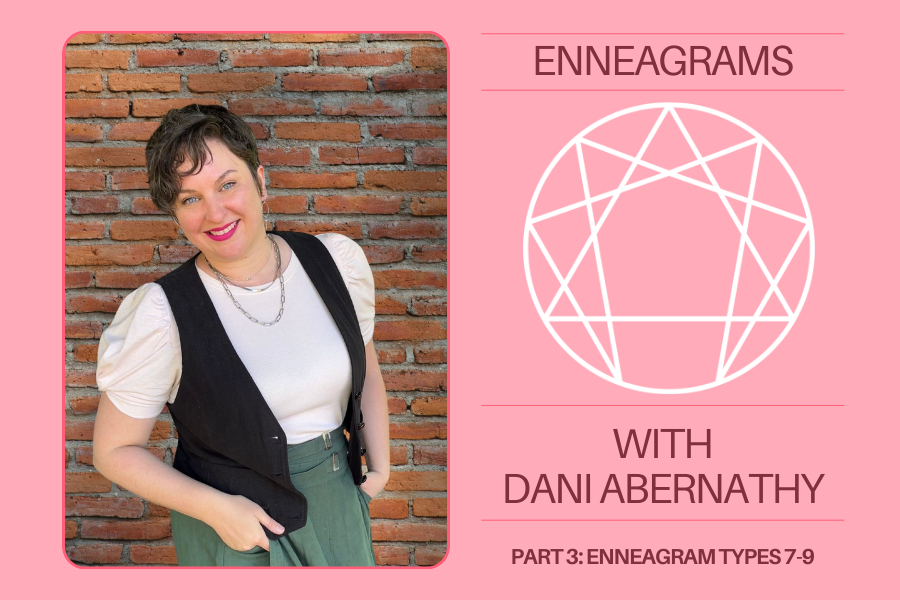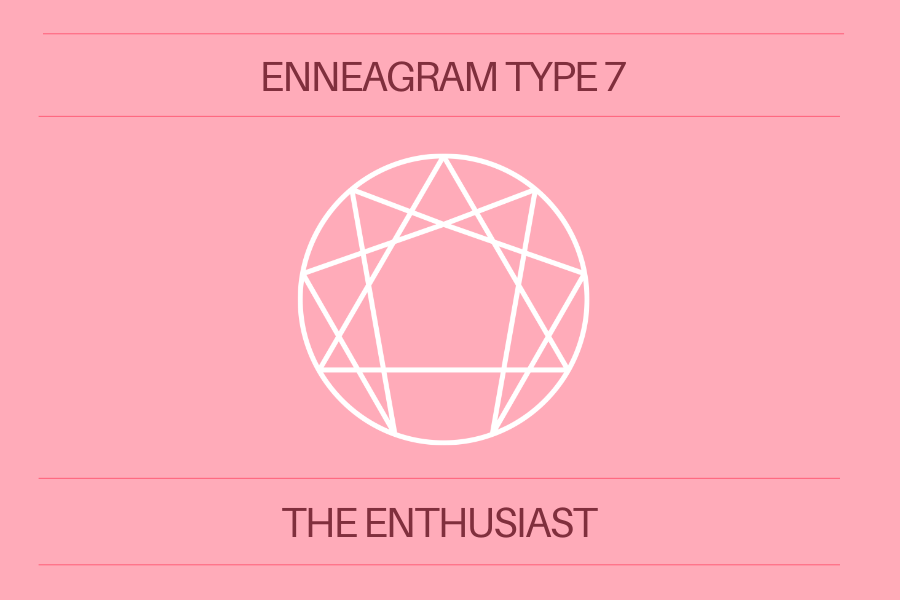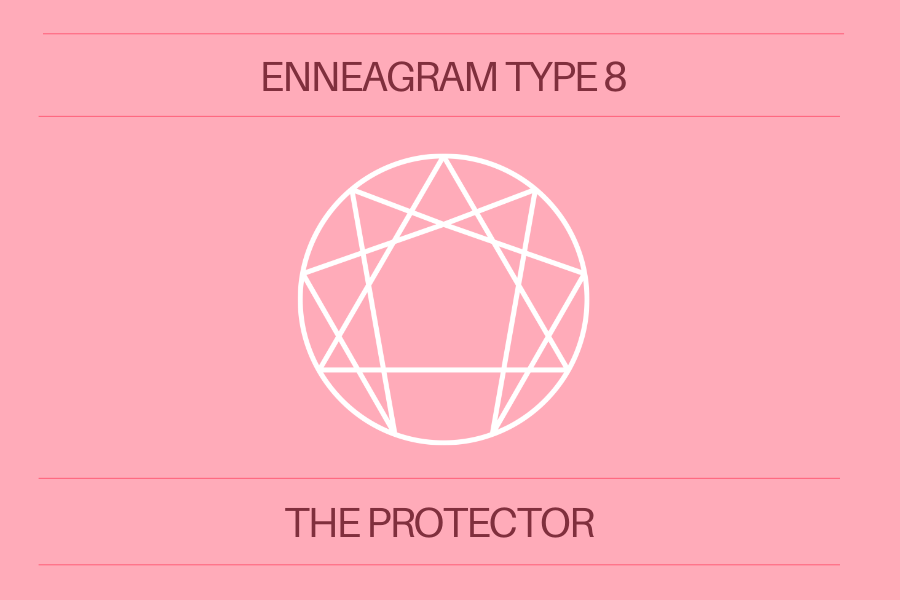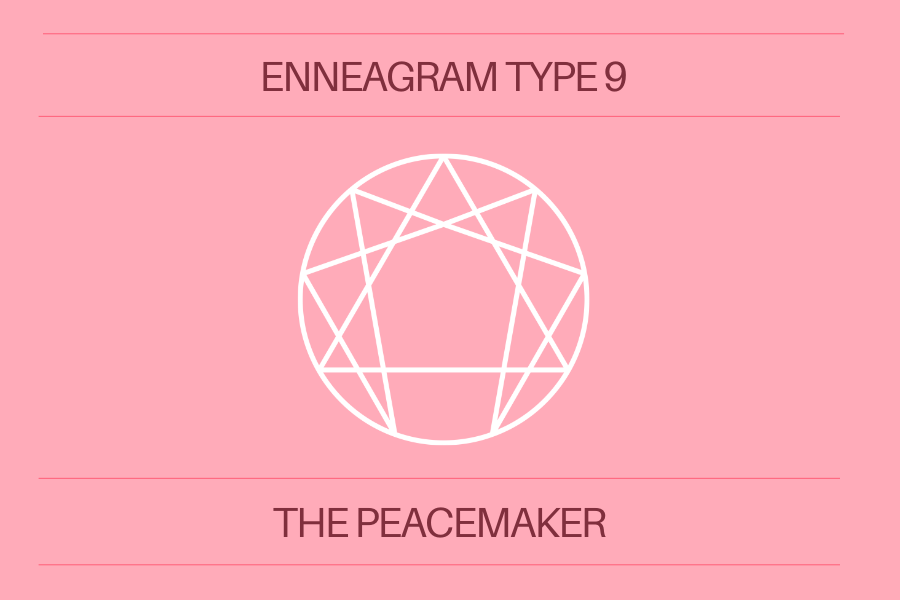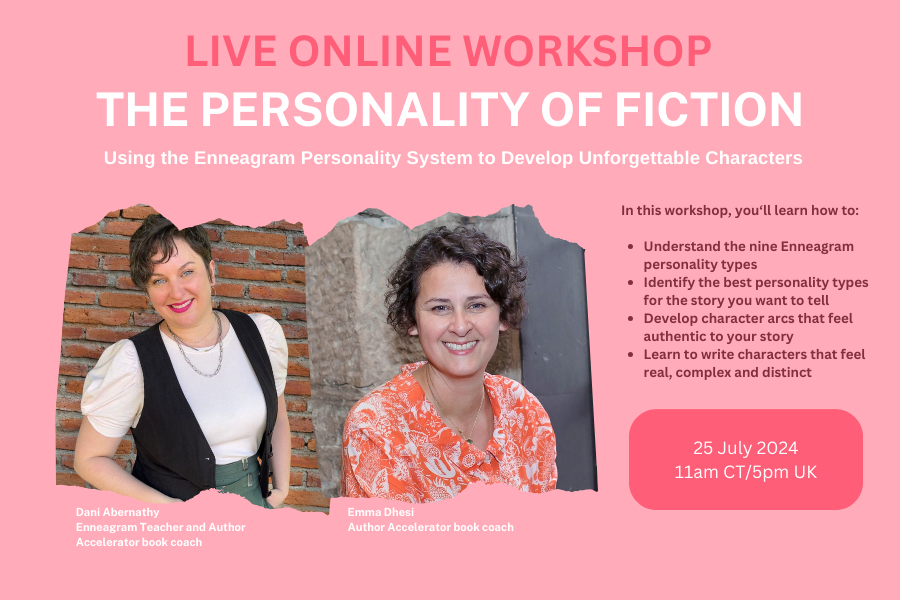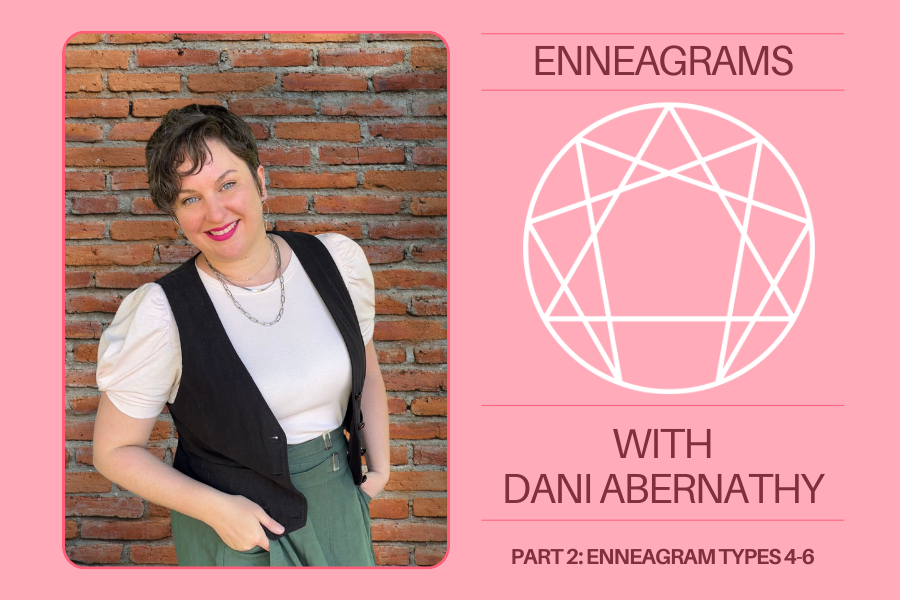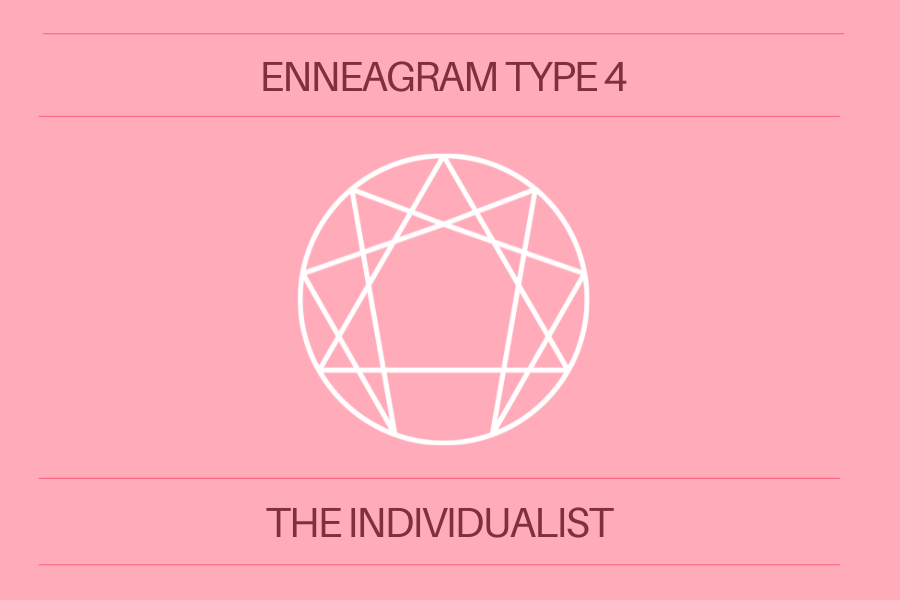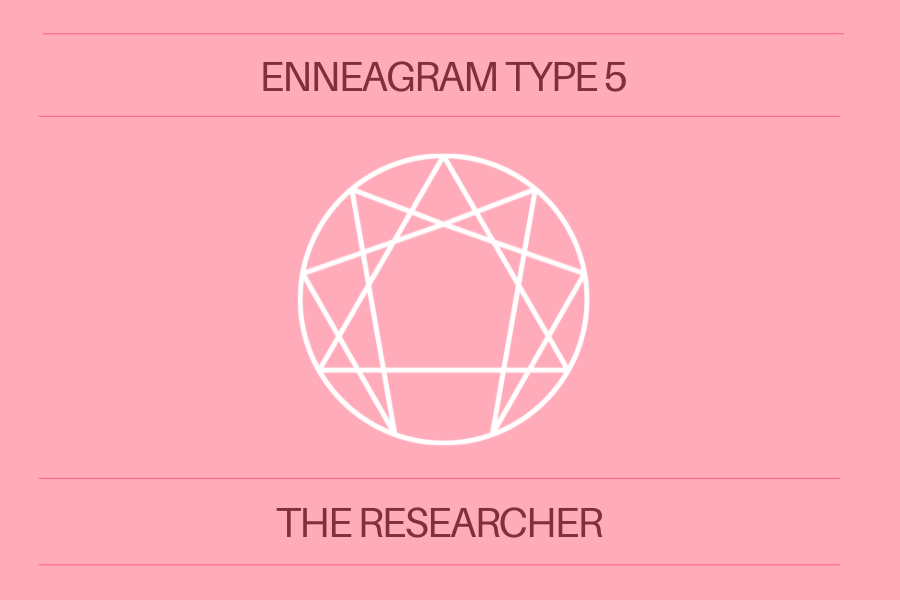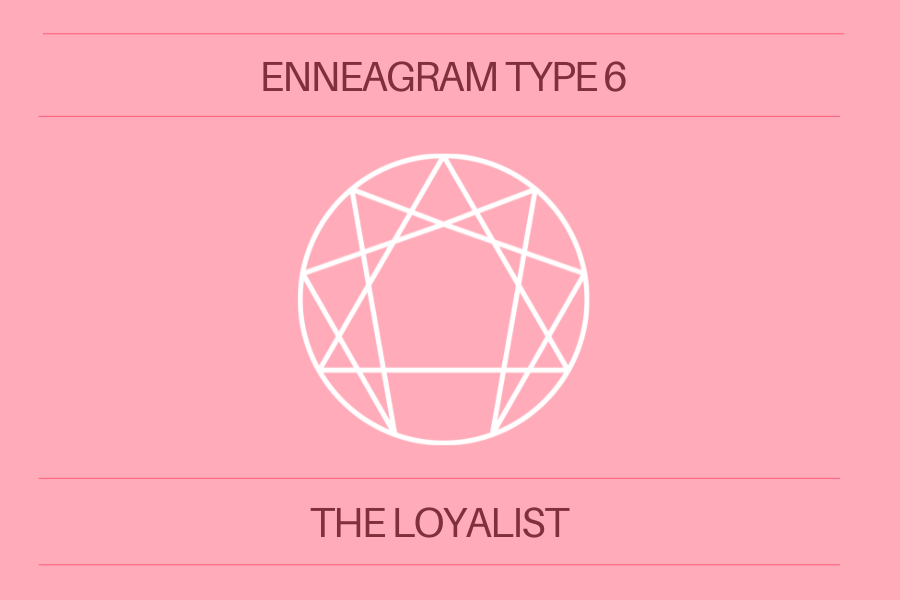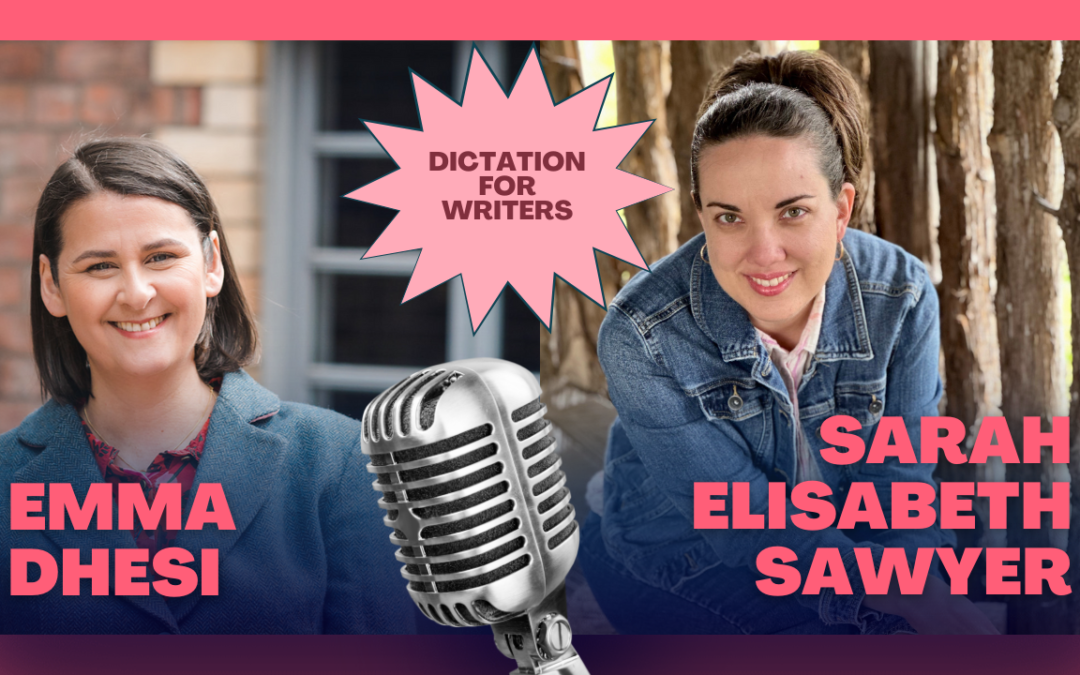
Dictation For Writers: Interview with Sarah Elisabeth Sawyer
I recently interviewed Sarah Elisabeth Sawyer over on my YouTube channel, which you can watch here. We talked about many things but I wanted to share with you here, the conversation we had about dictation for writers. Sarah explains how dictation will make our writing not only easier on the body but also that little bit faster as well.
Below is the transcript of some of our conversation but make sure to head over to my YouTube Channel for the whole thing.
Dictation for writers
Emma Dhesi: I’ve used dictation in the past. I’m a pantster, so I would just go, ‘Bla bla bla bla bla’ and speak into it but you’re more experienced at dictating than I am. What have you found to work? Do you plan your stories so you know what you’re going to be talking about or do you just fly by the seat of your pants?
Sarah Elisabeth Sawyer: I used to be a pantster. 100%. I would try to outline because I’m like, ‘It’s such a big mess from doing the pantster thing’ so I was like, ‘I need to outline.’ Then I would outline and then I wouldn’t stick to my outline because I’ve got to follow the characters and I’ve got to get to know them and I’m halfway through before I even know what this story’s about.
I do a simple three act structure outline and don’t do anything too elaborate but it does help me stay on the timeline, especially since I write historical fiction, so there’s a lot of elements.
“With dictation I find it so helpful to have an outline”
With dictation I find it so helpful to have an outline. As a pantster, you can still absolutely use dictation and if pantster is the way you want to stick with, you certainly can. I do recommend giving outlining a try, I think it will be beneficial for authors. Again, not to mess with anyone’s creative process but I think there are a lot of benefits of that, especially when it comes to dictation.
I do know what each of my scenes are going to be. Sometimes I’ll throw in an extra scene or I’ll eliminate one from my outline but, in general, I have a good idea of where I’m going. I may not know exactly what the ending is or what that climax is going to look like, so there’s still the element of discovery but, with dictation, it is just so much less effort physically and mentally.
There’s still that emotional and mental aspect that we’re always going to have as authors because we are creating and that’s a good thing but, with dictation – I don’t want to say it makes it effortless – but certainly, when you finish, it feels much more effortless versus typing it. I’ve heard from a lot of authors who have taken my trainings and are now dictating that it’s more effortless to get it on the page.
ED: I started doing dictation. I think I tried it years ago and just found it a bit difficult and so gave it up, but then I get so much shoulder pain, so many migraines, I was like, ‘Okay, needs must. I need to try something new. I don’t want to have to give this up,’ and so I have started dictating.
There’s a freedom that comes with dictation for writers. Your imagination can take you away without having to be crossing things out or rethinking things or editing as you go along. You just go for it.
Do you find that you edit as you go along or are you quite good at just going with the flow?
Your first draft is faster with dictation
SES: That’s the other reason why dictation is faster for getting your first draft. It’s not so much just that you can speak faster than you can type, it doesn’t let you really go back and edit.
I wanted to dictate on my phone because I wanted to get away from my desk. It’s like what you said, it’s your shoulders, your back, your body and you’re just sitting, so I wanted to have that flexibility and so I wanted to dictate on my phone and, like you, I tried and failed. I tried and failed. Brain doesn’t work this way. I can’t speak fictional worlds.
So for authors out there and you, yourself, if that feels like, ‘My brain just doesn’t work that way,’ know that your brain can be trained. Just like you trained it to type on a keyboard, you can train it to do dictation.
What trained me to not edit as I go is, I wanted to do it on my phone but my old iPhone would cut off after 30 seconds of dictation or after the speech-to-text and so I was like, ‘This isn’t going to work,’ so that was another thing that made me give up and put it to the side.
Then I discovered this recording app and I was using it for recording other stuff. I was just recording story notes on it and then taking it to my computer and typing it up. They came out with a transcribe option and I was like, ‘It will transcribe it in the app?’ This was some years ago, there’s even better tools available now.
“My word count doubled with dictation versus typing”
So I started recording it and then I would transcribe it. When you’re recording your words, you don’t have the option of going in and editing. You have to just keep going with the story, so if I’m sitting down for an hour writing, I am just writing for that hour. I can’t go back and edit and so that’s where my word count doubled with dictation versus typing.
ED: Were you able to sit down and dictate for an hour straight off?
SES: I do want to say that I recommend, when you’re starting out, start out with just a little bit of dictation and then go back to typing. That’s a part of the training process of dictation for writers and no, I did not start out just sitting down for an hour and dictating. It was something that took a lot for my brain to get used to and to train it to be able to do that.
I don’t always get an hour writing session, it may only be 15 or 20 minutes, but in that 15 or 20 minutes, I can get in the same words that would normally take me an hour of writing. If you only write 500 words in an hour, typing, you may be able to get that 500 words in 20 minutes or 30 minutes versus it taking you that hour.
Don’t jump in and think, ‘I’m going to dictate for 4 hours and write 20,000 words starting out.’ Build up to that. The most writing I’ve ever done – I had a deadline – I wrote 11,000 words in about 4 hours and that was with interruptions and breaks but I basically had it done by noon.
ED: In terms of handwriting or typing, I talk about muscle memory and how writing does get easier the more you do it because you create those neural pathways, you get that writing muscle going and I’m guessing it’s the same for dictation as well.
You can train yourself to dictate
SES: That’s something I cover in my Fictation course, about creating neural pathways. I call them trenches. You’re digging a trench in your brain to let those fictional words flow through. Just like you trained yourself to type, you can train yourself to dictate, even in using punctuation.
I say ‘period, question mark, new line, exclamation point, open quote, close quote’ all of those things while I’m dictating. Once you’ve trained your writing muscle and you keep that in practice, dictation for writers becomes as natural to you as typing.
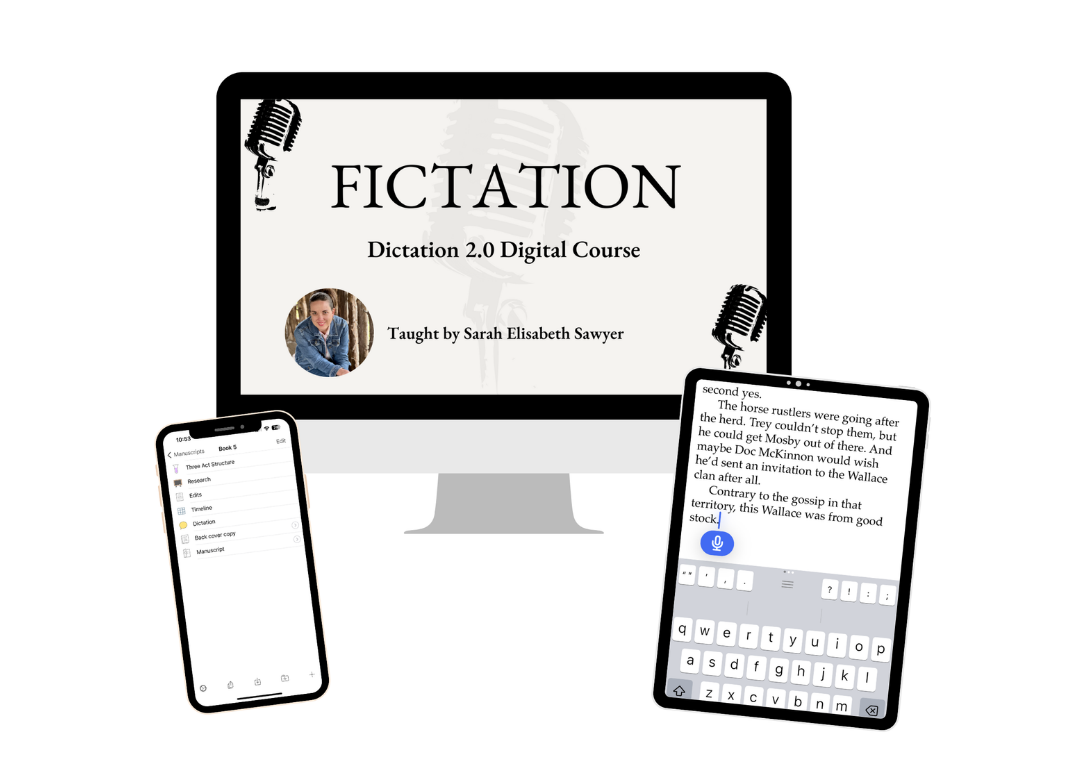
Fictation: Dictation for writers
ED: You mentioned your Fictation course. I know not only do you do dictation yourself but you help other writers adapt to this new technology and take advantage of it. I’d love to hear a little bit about your course Fictation. Please do tell us.
SES: Fictation Dictation 2.0 is a digital course. It’s self-paced, so you can go through it as slow or as fast as you want to.
Module 1 covers all the technical tools. How do you actually fictate? Do you need a microphone? Do you need software? I’ll go ahead and let everyone in on this. You do not need expensive software to do dictation.
Back in the day, Dragon Dictation was your only option. You had to spend hundreds of dollars on software. I was always hesitant to do that because I was like, ‘What if I can’t actually train my brain to do this and I’ve spent all this money on software?’ I take you through whether you’re on a Macbook, a Windows PC, an Android phone or an iPhone. I cover all the different tools that you likely already have, whether it’s a phone or a computer.
I talk about microphones and then I talk about how to fictate. How do you actually do it, what is that process, how should you get yourself ready to dictate? What’s a start up routine and ending routine?
Module 2 is your fictation in action. Exercises to begin training your brain to do dictation. We’re used to dictating text messages and emails, a lot of people use that already in their author business, but when they go to dictate fiction, our brains tend to freeze up. It’s a different neural pathway, it’s not the same neural pathway as dictating an email or a text message. When you’re moving it into fiction, that’s when you experience the freeze and that’s what held me up for the longest time.
Watch a novella being dictated
Module 3 is my fictation in action. I wrote an entire novella – it was my 12th book to write via dictation – but I wrote this one live on camera, recording my phone, recording audio and teaching through that process of here’s what it actually looks like to dictate an entire book. I edited that down and took the best parts and that’s module 3 with the course.
Module 4, I talk about fictating with non-fiction, how you can use it in your author business to get your emails done faster and to stay on top of your author business using dictation. Module 5 is your bonus module. Bonus tips and tricks, bonus exercises and ways that you can use fictation in your author business. I wanted to pack it with everything that authors need to finally master dictation with their fiction.
ED: That sounds so comprehensive. I love that you’re starting with the technical side of it. Just easing people in with what equipment they need and reassuring people as well that we probably have what we need somewhere on our desk or on our phone or our device. I started with Dragon many moons ago, that was the one I bought and trying to train my Dragon was quite tricky but now we don’t need to do that.
SES: Dragon Dictation is still absolutely a viable way of doing your dictation. The accuracy is still way up there, it’s probably going to be among the highest accuracy you’re going to have in the transcription process. I do cover Dragon in the course so if you have Dragon and it’s gathering dust on your computer because you weren’t able to begin using it to dictate your fiction, this is the course that will help you train yourself to use your Dragon.
This edited transcript was taken from my YouTube interview with Sarah Elisabeth Sawyer
About Sarah Elisabeth Sawyer
Sarah is an author and writing instructor who takes authors struggling to master the tools and knowledge of their author journey and help them become confident in their writing books. She has been featured on Joanna Penn’s The Creative Penn podcast, Mark Dawson’s Self-Publishing Show, Jane Friedman’s blog, writersdigest.com and more.
As a tribal member of the Choctaw Nation of Oklahoma, her signature course, Fiction Writing: American Indians, is equipping authors to write authentic stories that honour Native American history and culture. Her Fictation: Dictation 2.0 digital course takes authors through the exact process of mastering dictation to write fiction.
Sarah’s website: http://fictioncourses.com/dictation
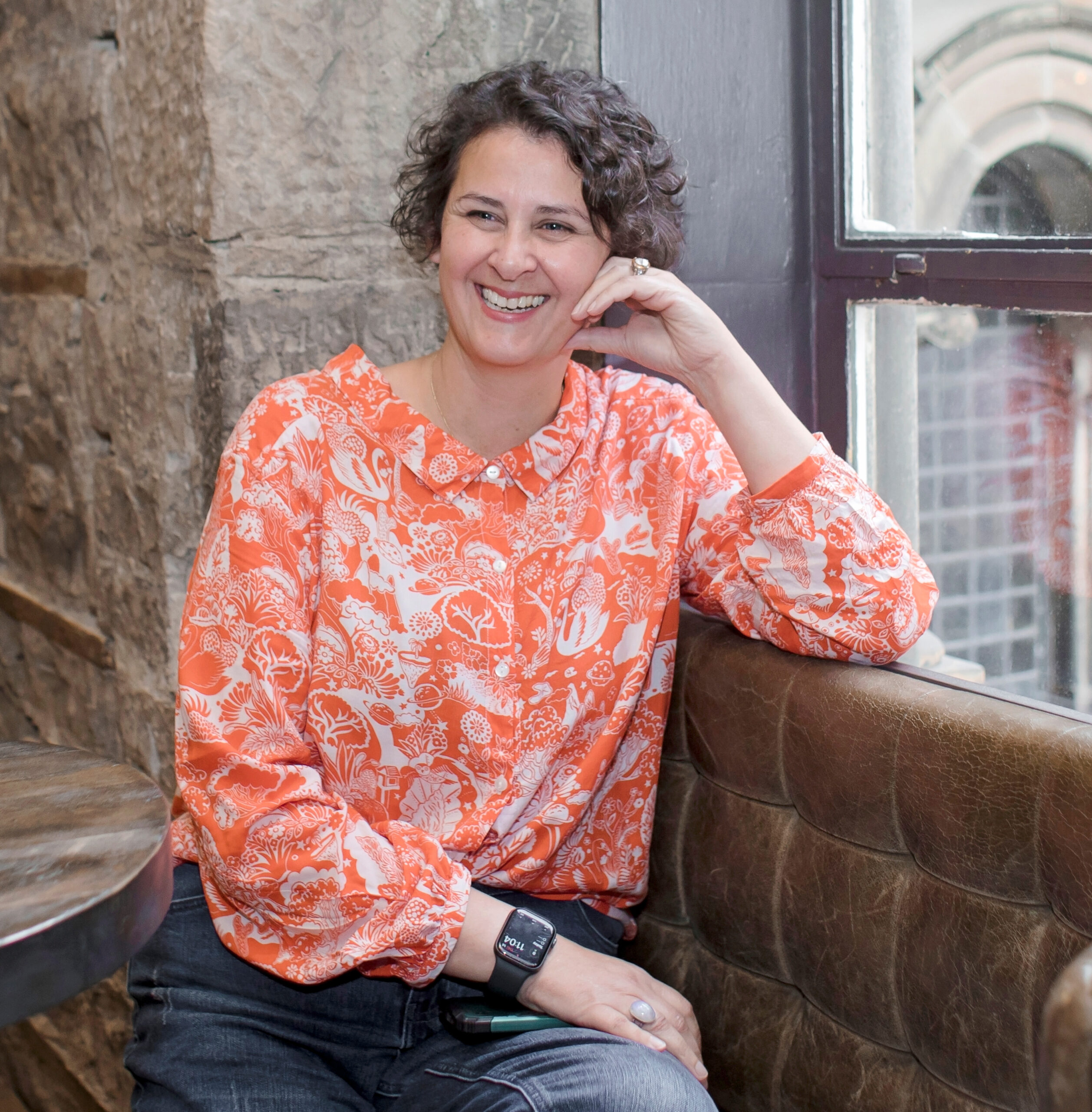
Emma Dhesi
Emma Dhesi is a Certified Author Accelerator Book Coach and bestselling author who helps writers let go of perfectionism, self-doubt and writer's block through her signature programme, Unlock Your Creative Block.
She is the host of the YouTube Channel, Emma Dhesi, where she interviews debut and experienced authors alike.
Through her 1:1 coaching programme, Emma helps new authors start and finish their first novel.
Emma provides personal written feedback on their pages and guides them through the emotional rollercoaster that is writing a novel!

